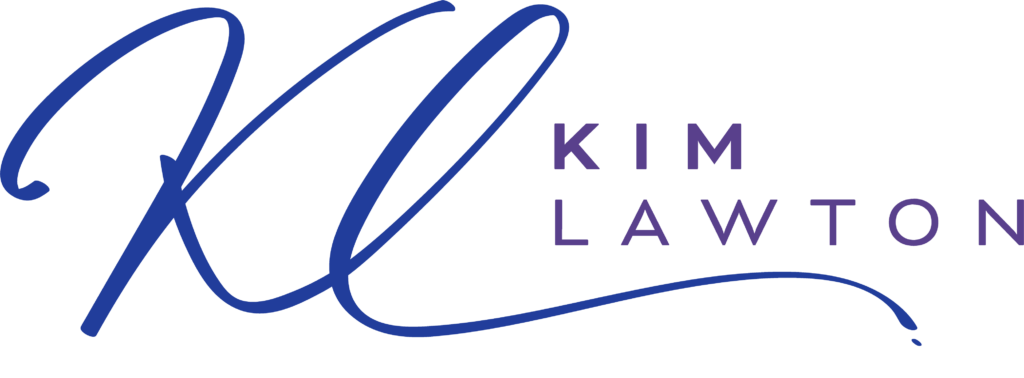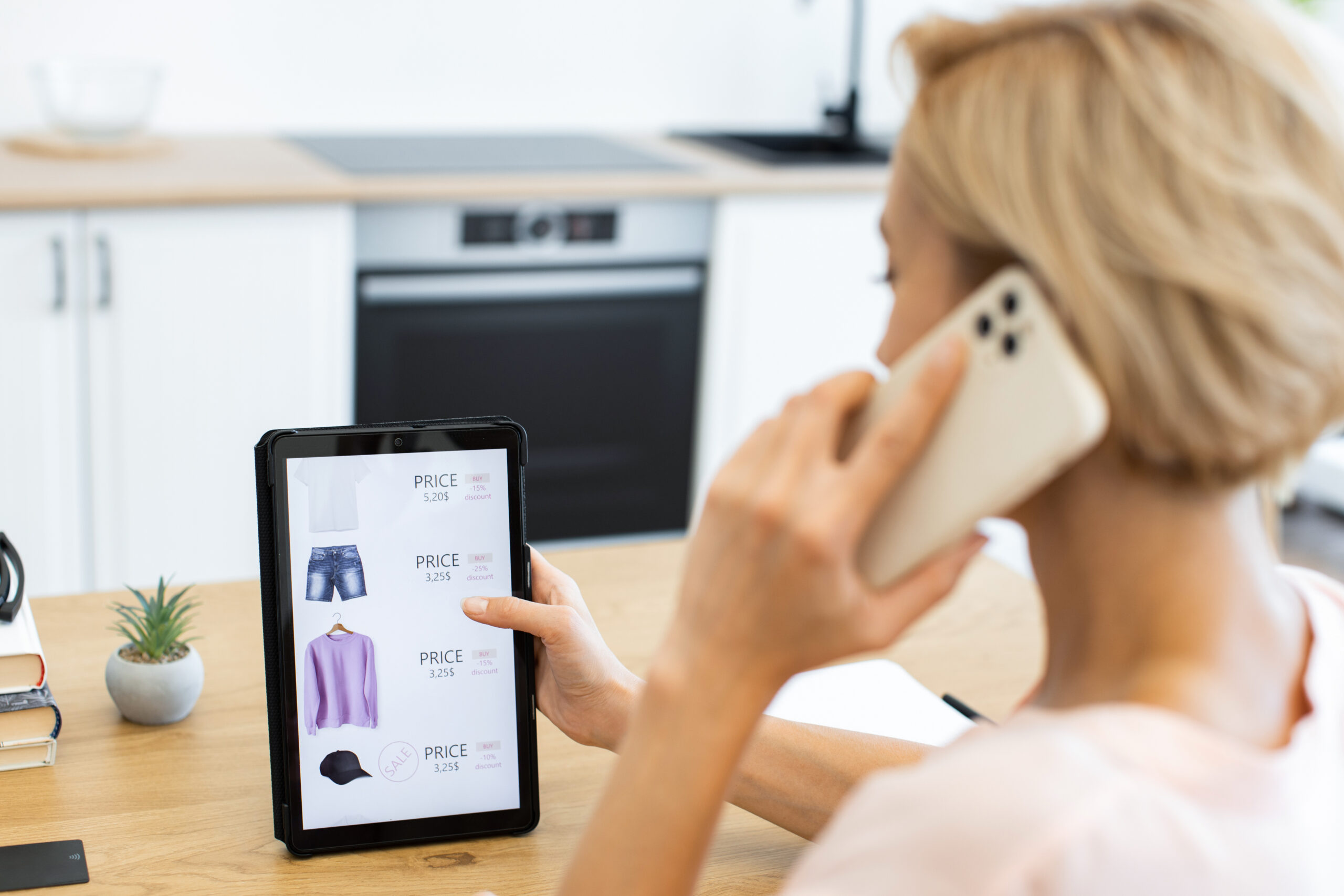Hospitality marketing thrives when you use social media, as it helps you create more memorable experiences for your guests. The hospitality industry is highly competitive. If you want to stand out, you must provide extraordinary guest experiences.
The world is becoming increasingly digitally focused, and social media is a large part of that development. There are countless platforms where your audience spends much of their time. Guests share their experiences with hotels and other venues online, and social media is an excellent spot for you to engage with guests directly, helping build a reputation for your brand.
This blog will explore how social media enhances guest experiences in the hospitality industry. Keep reading if you want to level up your brand’s customer interactions on socials.
Understanding Guest Expectations in the Digital Age: The Key to Hospitality Marketing
Today’s average guest is looking for something other than a hotel to spend the night at or a decent restaurant to grab a quick bite. They want experiences. Advertising your menu or basic hotel amenities in hopes that guests will naturally come your way is no longer enough.
You need to promote unique experiences that create buzz and intrigue. What makes your business better than the rest in such a crowded market?
Hospitality marketing with social media can significantly influence guest expectations. Platforms like Instagram, TikTok, Facebook, Yelp, and TripAdvisor can all act as virtual travel guides, as influencer recommendations and user-generated content, like reviews and photos from other guests, help today’s guests decide where they want to go.
For example, suppose a potential guest sees a trusted influencer post an Instagram reel raving about your hotel, showcasing all the amenities, and recommending your brand. In that case, they’ll be more likely to visit you because they want an experience like what they saw on social media.
Several businesses in the hospitality industry are already using social media to create exceptional guest experiences. Take Marriott, for example. This massive hotel chain was one of the first brands in the hospitality industry to embrace influencer marketing.
To celebrate reaching one million check-ins on the Marriott app, they collaborated with YouTube influencer Jeana Smith on a campaign that featured a surprise video for the millionth mobile user. The video went viral after the fact and amassed millions of views.
This is a great example of why you should have fun with your hospitality marketing campaigns. That’s the kind of content your audience wants to see. Plus, collaborating with influencers allows you to reach more people by bringing their audience to you.
Leveraging Social Media to Enhance Guest Engagement
One way to enhance your hospitality marketing strategies and guest engagement is to leverage social media. To reap the benefits of social media, you need to go beyond just creating an account and posting occasionally.
You can start to level up your hospitality marketing strategies with these practices:
- Building a Strong Online Presence
- Creating Shareable Moments
- Utilizing User-Generated Content
#1 Building a Strong Online Presence
Building a robust online presence is crucial for any business to establish a brand identity online and engage more with customers. You should create exciting and engaging content that resonates with your target audience and highlights the unique features of your brand that make you stand out from the competition.
This should include eye-catching visuals and compelling storytelling. This could be an extended caption explaining the story behind your new line of signature cocktails or photos highlighting your hotel’s amenities.
Whatever it is, your goal with each piece of content should be to spark interest. You want your audience to see your content on socials and feel moved to interact with your brand, whether booking a stay, visiting your restaurant, or simply engaging with your posts.
#2 Creating Shareable Moments
A large part of what makes social media such a valuable marketing tool for all industries is its shareability. The ability to create viral moments and content that can be widely shared is a great way to get your brand in front of as many people as possible and generate buzz.
To take your hospitality marketing to the next level with social media, you can focus on creating experiences that encourage guests to interact online. You can add visually appealing elements to your space and guest experiences to generate conversation. This could be an incredible view, well-placed décor, or a beautifully plated dish or garnished cocktail.
Guests will be moved to take photos and share their experiences online while in your hotel or restaurant. This gets other people talking about your brand, which can help you drive more traffic and convert potential customers.
#3 Utilizing User-Generated Content
Similarly, user-generated content can help you amplify the guest experience and enhance your hospitality marketing efforts. Whether it’s a review or consumer photos, encouraging guests to share their experiences online is a great way to build brand trust and authenticity.
Your guests can share photos of their hotel rooms, interesting amenities, and the meals they enjoyed. This creates a revolving door for your business because guests are more likely to trust recommendations from other guests. When booking hotel stays or looking for restaurants to visit, most people look to review sites like Yelp and TripAdvisor to inform their decisions.
This content can be implemented into your marketing operations to enhance your hospitality marketing efforts by highlighting positive reviews and resharing great photos from guests.
Personalizing Guest Interactions through Social Media
Guests love personalization. If your brand offers ways to customize experiences based on individual preferences, consumers will likely become repeat customers and recommend your brand to others.
In hospitality marketing, personalizing the guest experience can be as simple as greeting guests by their first name. You can also ask what brings them to the area when you check them in and personalize their experience based on their answer. For example, if the couple you’re checking in says they’re celebrating their anniversary, you could send a complimentary bottle of wine to their room.
Personalization increases guest satisfaction and loyalty. You can use social media and data to understand your guests better and unlock even more personalization opportunities. Use social media to personalize your hospitality marketing strategies in various ways.
#1 Harnessing Data Analytics in Hospitality Marketing
Gathering and analyzing guest data is critical to personalization. It uncovers insights into your audience’s preferences and behaviors, allowing you to tailor your marketing efforts accordingly.
You can gather this data from social media by monitoring channels whenever someone mentions your brand and checking reviews to monitor your guests’ feelings toward your business. You can also gather data from guest profiles by reviewing information guests enter during reservations, like their room preferences and any special requests they make.
Some hotels also issue post-stay surveys to guests to gather data on their visit, allowing you to identify areas needing improvement. Once you’ve analyzed all this customer data, you can offer personalized guest experiences that make their stays more memorable and enjoyable.
For example, if you see a guest who always requests extra pillows in their room, you can ensure their room is adequately stocked before they arrive. You can also analyze a guest’s dining history and recommend on-site restaurants or featured dishes that align with their preferences and any dietary restrictions they may have.
#2 Implementing Targeted Marketing Campaigns
Targeted marketing campaigns are another great way to personalize the guest experience. Armed with analyzed customer data, you can segment your audience based on interests, behaviors, and demographics. This allows you to deliver relevant content to each segment, which captures their attention and leads to increased engagement.
For example, your younger guests are more likely to engage with your brand when they see one of your ads on Instagram and then book their stays by following the links in your Instagram bio. Knowing this, you can create hospitality marketing campaigns that target them specifically, like offering a discounted rate for anyone who shows their college student ID when checking in.
Knowing your audience and how to reach them makes targeted marketing campaigns successful. They also have higher conversion rates, which means better ROI, and are essential to boosting brand loyalty and engagement.
#3 Integrating Chatbots and AI
As technology continues advancing, only some industries have been positively impacted by the benefits of tech like AI. Chatbots powered by AI technology are revolutionizing guest interactions across sectors, including hospitality.
Gone are the days when you could only contact a business during set hours. With AI chatbots, guests can seek assistance around the clock, answering questions and resolving issues whenever is most convenient.
This real-time assistance is a big deal for customers, as waiting on a customer service line for the next available agent can be frustrating. Instead, chatbots can often resolve guest issues in minutes, provide services, including booking assistance, and even help with lead generation by interacting with guests who visit and spend time on your website.
Turning Guest Feedback Improvement Opportunities
People love to talk and share their feelings on social media. If you listen, you can gather valuable insights that offer opportunities to improve the guest experience and your hospitality marketing approach.
Guest feedback — both positive and negative — is extremely valuable. Knowing your guests’ honest opinions of your brands and their experience can help you adjust areas that may be lacking and enhance the areas that exceed expectations.
Social media can be a goldmine when it comes to gathering feedback, and you can do so in a variety of ways, including:
- Monitoring Online Reviews and Feedback Channels
- Responding to Guest Feedback Promptly and Effectively
- Using Social Listening Tools to Identify Trends
#1 Monitoring Online Reviews and Feedback Channels
Keep an eye on your social channels — particularly the comment section — and other review sites like Yelp, TripAdvisor, and Google Reviews to see what guests say about your brand. Consistently monitoring online feedback and reviews allows you to identify patterns.
For example, several guests may complain about the water pressure in their hotel room shower or the wait times in your restaurant. Knowing this, you can solve these problems before their next stay. It’s OK to receive a negative review occasionally if you learn from it and make the necessary changes to make it right.
#2 Responding to Guest Feedback Promptly and Effectively
While you may want to ignore a negative review in hopes that not giving it attention will make it go away, the opposite is true. Bad feedback can fester out of control quickly on social media, so you must respond promptly and professionally.
When a guest raises a concern, let them know you value their feedback, take their concerns seriously, and investigate the issue further to find a way to make things right. You can also ask the guest to contact your brand directly to provide more information. This shows your guests that you genuinely care about them and their experiences, which builds trust and brand loyalty.
#3 Using Social Listening Tools to Identify Trends
Social media listening tools, like Brandwatch and Hootsuite Insights, help you monitor conversations about your brand in real-time across multiple platforms. These tools automatically analyze social media conversations and interactions to check for mentions of your brand and identify any patterns.
These tools are extremely helpful as they make monitoring your social media and guests’ feedback more autonomous, freeing up your marketing team’s time for other tasks.
Collaborating with Influencers and Brand Ambassadors in Hospitality Marketing
Influencer marketing is huge on social media and can be a valuable strategy for any industry looking to reach more consumers and generate buzz around its brand. For reference, Statista found that the global influencer marketing market value stood at 21.1 billion USD as of 2023, more than triple what it was in 2019.
In hospitality marketing, you can collaborate with influencers and celebrities who align with your brand values to boost your credibility and increase your reach to a much broader audience—so long as these partnerships are authentic and relevant to your brand.
When you launch an influencer collaboration or name a new brand ambassador, you can monitor your audience’s social media response and measure the collaboration’s impact. Depending on how your audience responds, you can use that information to inform future campaigns and partnerships.
Conclusion
Hospitality marketing thrives when using social media, as it allows you to create more memorable experiences for your guests through personalization, engagement, and unique, targeted marketing strategies.
From influencer marketing to leveraging guest feedback to identify opportunities for improvement, social media can significantly improve your hospitality marketing efforts and help you create guest experiences that set your brand apart from the competition.
As the world becomes increasingly digital-first, it’s important for your business to jump on board sooner rather than later and start using social media to interact with guests and build up your brand. You need to go where your audience is; odds are you’ll find them waiting for you on one of the many social media platforms.




